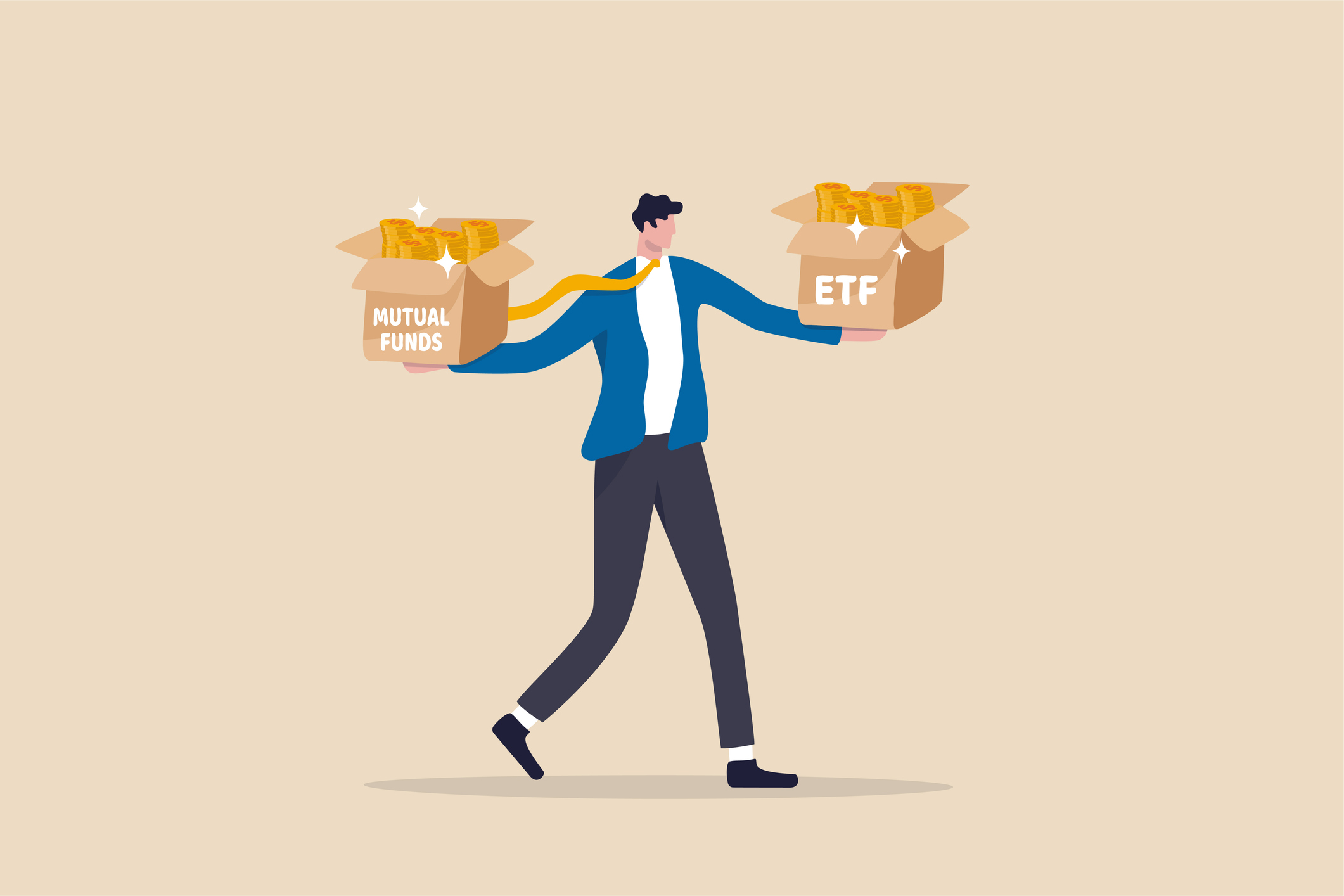Profit and prosper with the best of Kiplinger's advice on investing, taxes, retirement, personal finance and much more. Delivered daily. Enter your email in the box and click Sign Me Up.
You are now subscribed
Your newsletter sign-up was successful
Want to add more newsletters?

Delivered daily
Kiplinger Today
Profit and prosper with the best of Kiplinger's advice on investing, taxes, retirement, personal finance and much more delivered daily. Smart money moves start here.

Sent five days a week
Kiplinger A Step Ahead
Get practical help to make better financial decisions in your everyday life, from spending to savings on top deals.

Delivered daily
Kiplinger Closing Bell
Get today's biggest financial and investing headlines delivered to your inbox every day the U.S. stock market is open.

Sent twice a week
Kiplinger Adviser Intel
Financial pros across the country share best practices and fresh tactics to preserve and grow your wealth.

Delivered weekly
Kiplinger Tax Tips
Trim your federal and state tax bills with practical tax-planning and tax-cutting strategies.

Sent twice a week
Kiplinger Retirement Tips
Your twice-a-week guide to planning and enjoying a financially secure and richly rewarding retirement

Sent bimonthly.
Kiplinger Adviser Angle
Insights for advisers, wealth managers and other financial professionals.

Sent twice a week
Kiplinger Investing Weekly
Your twice-a-week roundup of promising stocks, funds, companies and industries you should consider, ones you should avoid, and why.

Sent weekly for six weeks
Kiplinger Invest for Retirement
Your step-by-step six-part series on how to invest for retirement, from devising a successful strategy to exactly which investments to choose.
Scam artists aren't so much artists as they are students of human nature. If you consider that the rich and sophisticated (think Bernie Madoff's victims) are just as likely to be taken as anyone else, there must be some common denominator that makes us all vulnerable. And it's not just gullibility. To sucker us into scams, crooks manipulate thesame psychological biases that often harm our investing decisions.
The hook is baited as soon as we meet a well-dressed, articulate pitchman. Our first reaction is that this guy must be legit and his offer worthwhile. What we don't realize is that this impression imbeds itself surprisingly deep in our gray matter.
Pat Huddleston, a former Securities and Exchange Commission enforcement officer who now heads Investor's Watchdog, says that "we're subconsciously and stubbornly tied to that first theory," and we tend to assemble facts to support it. "We think that everything really is what it appears to be, and when we get a fact that doesn't quite fit in the puzzle, we force it in," says Huddleston, whose firm is hired by pension funds, endowments and individual investors to sniff out fraud.
From just $107.88 $24.99 for Kiplinger Personal Finance
Become a smarter, better informed investor. Subscribe from just $107.88 $24.99, plus get up to 4 Special Issues

Sign up for Kiplinger’s Free Newsletters
Profit and prosper with the best of expert advice on investing, taxes, retirement, personal finance and more - straight to your e-mail.
Profit and prosper with the best of expert advice - straight to your e-mail.
Here's the thing: Scam artists know we have this "confirmation bias," and they're happy to provide corroborating evidence to nudge it along. Take the case of Marc Dreier, who is currently serving a 20-year sentence for securities fraud. Dreier's case involved merely hundreds of millions of dollars, versus the billions that Madoff bilked from investors, and the scandal broke shortly before Madoff's. Dreier arranged for an associate to pretend to be either an independent accountant or the CEO of another company to confirm, via phone calls, that Dreier's offer could be trusted.
Huddleston says that "any scam artist worth the title can arrange some level of confirmation for you." The trick, he says, is not to seek confirmation but to be on the lookout for fraud.
Cockeyed Optimism
Another powerful bias that makes our getting hoodwinked more likely is the "optimism bias." This is our tendency to overestimate the likelihood that good things will happen to us and underestimate the potential for unpleasant events. Crooks play to this tendency by making good things happen -- at first. That's why they have victims take small steps with positive results -- say, an initial investment that pays off -- to lull investors into a false sense of being in control.
A study of scam victims by the U.K.'s University of Exeter confirmed this illusion of control. Victims "believed themselves to be protected against fraud by the law and government to an extent that was in fact unrealistic or simply impossible," the study said.
Surprisingly, the illusion of control is heightened if the victim already has some expertise in the subject of the scam, the study found. So people who play lotteries or sweepstakes are more likely to fall for a lottery or sweepstakes swindle, and those with some experience in investing may fall for investment fraud.
But the most surprising finding may be that victims tend to put more effort into investigating a scam than non-victims. It's possible that this is a result of the same bias that's the bane of so many investors: overconfidence. We think we know more than we actually do, often basing our conviction on the inflated importance of relatively little knowledge. So victims who may be suspicious but are also overconfident gather some evidence and are then satisfied enough to feel secure.
Crooks are plugged in to this, says Huddleston. "The person who's convinced he's too smart to fall for a scam is putty in their hands," he says. His best advice: Admit that you're vulnerable when someone approaches you with a deal that sounds too good to be true, and either trust your first instinct and walk away or suspect that you're being conned and investigate accordingly.
Profit and prosper with the best of Kiplinger's advice on investing, taxes, retirement, personal finance and much more. Delivered daily. Enter your email in the box and click Sign Me Up.

-
 Dow Adds 1,206 Points to Top 50,000: Stock Market Today
Dow Adds 1,206 Points to Top 50,000: Stock Market TodayThe S&P 500 and Nasdaq also had strong finishes to a volatile week, with beaten-down tech stocks outperforming.
-
 Ask the Tax Editor: Federal Income Tax Deductions
Ask the Tax Editor: Federal Income Tax DeductionsAsk the Editor In this week's Ask the Editor Q&A, Joy Taylor answers questions on federal income tax deductions
-
 States With No-Fault Car Insurance Laws (and How No-Fault Car Insurance Works)
States With No-Fault Car Insurance Laws (and How No-Fault Car Insurance Works)A breakdown of the confusing rules around no-fault car insurance in every state where it exists.
-
 3 Major Changes Investors Must Prepare for in 2026
3 Major Changes Investors Must Prepare for in 2026A possible stock market bubble. Trump accounts. Tokenized stocks. These are just three developments investors need to be aware of in the coming months.
-
 Government Shutdown Puts IPO Resurgence at Risk
Government Shutdown Puts IPO Resurgence at RiskThe IPO market has been sizzling in recent months, but the government shutdown threatens to put a short-term halt to public offerings. Here's why.
-
 Mutual Funds Are About to Get the ETF Treatment. Here's What It Means for Investors
Mutual Funds Are About to Get the ETF Treatment. Here's What It Means for InvestorsThe SEC is expected to decide soon whether mutual funds from dozens of providers can be offered as ETF share classes.
-
 SEC Cracks Down on Misleading Fund Names: The Kiplinger Letter
SEC Cracks Down on Misleading Fund Names: The Kiplinger LetterThe Kiplinger Letter The SEC rules aim to crack down on so-called “greenwashing” — misleading or deceptive claims by funds that use ESG factors.
-
 Best Banks for High-Net-Worth Clients
Best Banks for High-Net-Worth Clientswealth management These banks welcome customers who keep high balances in deposit and investment accounts, showering them with fee breaks and access to financial-planning services.
-
 For a Concentrated Stock Position, Ask Your Adviser This
For a Concentrated Stock Position, Ask Your Adviser ThisThere can be advantages to having a lot of stock in one company, but ‘de-risking’ can help avoid some significant disadvantages.
-
 Three Financial Tips for Women’s History Month
Three Financial Tips for Women’s History MonthWomen still face unique economic and social challenges today, so here are some key things to consider that can lead to a more secure financial future.
-
 Worried About Checking Your Portfolio? Don't Be: Things Are Looking Up
Worried About Checking Your Portfolio? Don't Be: Things Are Looking UpThough the markets are still fluctuating, this expert sees an encouraging upward trend and is giving himself permission to check his investments.
